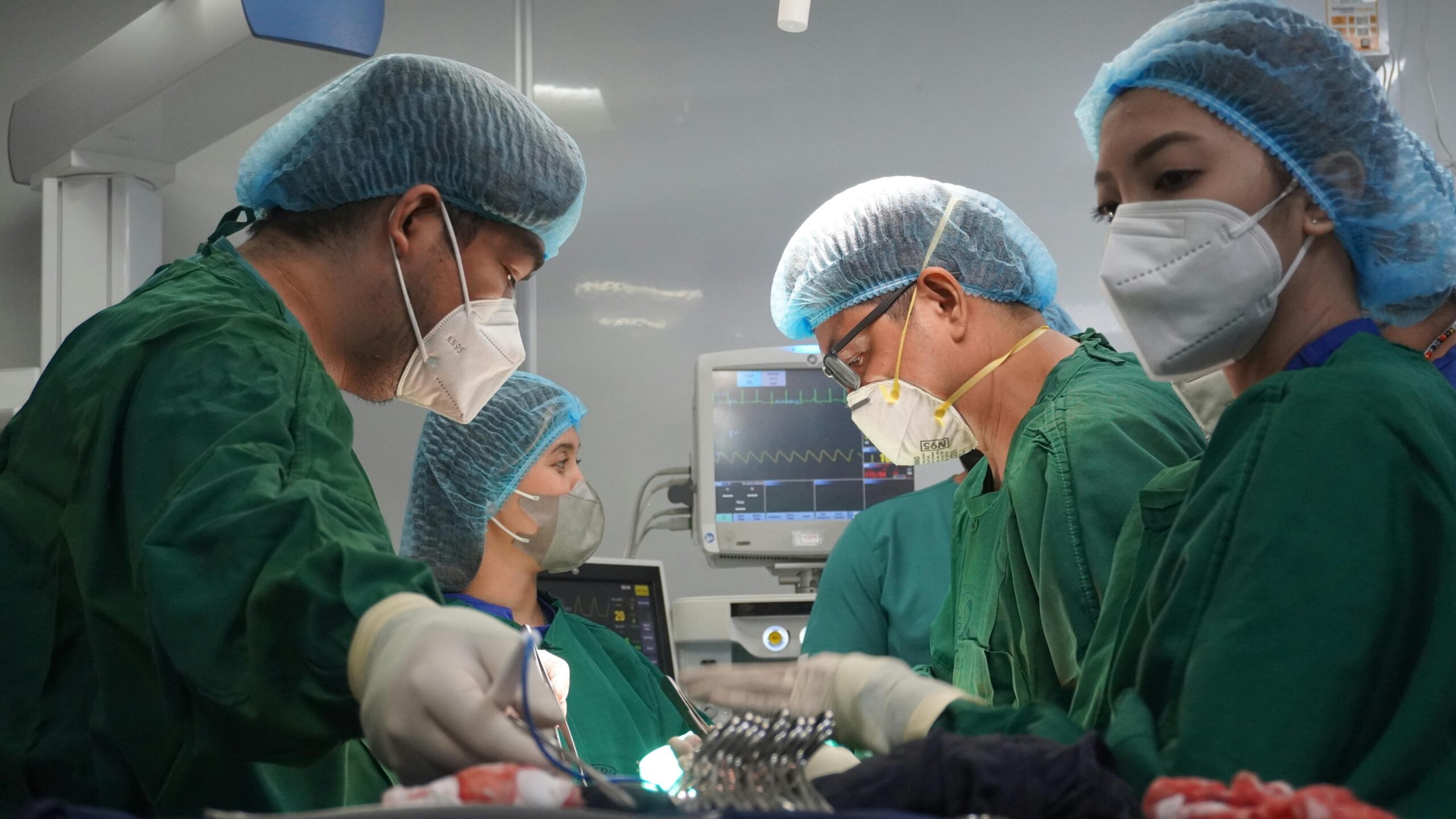When medical emergencies strike, a general surgeon often stands as the difference between life and death. These skilled medical professionals possess the training and expertise to handle a wide range of surgical situations that require immediate intervention. Understanding their role helps patients and families navigate emergency medical care with greater confidence.
What Emergencies Require A General Surgeon?
Emergency departments rely on general surgeons to address a wide range of urgent surgical conditions. These medical professionals receive extensive training that prepares them to handle a wide range of emergencies across various body systems. Their broad expertise makes them invaluable when time-sensitive surgical decisions must be made.
Typical emergency situations they respond to are:
- Appendicitis – Inflammation of the appendix requires prompt surgical removal to prevent rupture and life-threatening complications
- Gallbladder attacks – Severe gallbladder inflammation or blockages may necessitate emergency removal through minimally invasive techniques
- Bowel obstructions – Blocked intestines require immediate surgical intervention to restore normal digestive function
- Trauma injuries – Penetrating wounds, internal bleeding, and organ damage from accidents demand rapid surgical assessment and treatment
- Emergency hernias – Strangulated or incarcerated hernias require immediate repair to prevent tissue death
- Perforated organs – Holes in the stomach, intestines, or other organs need swift surgical closure to prevent infection
The versatility of a general surgeon allows emergency departments to provide comprehensive care without delays. These professionals can quickly assess, diagnose, and treat surgical emergencies while coordinating with other specialists when needed. Their presence in emergency settings provides reassurance to both patients and medical teams.
How Do Surgeons Manage Trauma?
Trauma cases represent some of the most challenging situations a general surgeon faces in emergency medicine. These professionals follow established protocols to systematically assess and treat patients with multiple injuries. The trauma surgeon evaluates the severity of injuries while prioritizing which conditions require immediate surgical intervention.
The initial assessment focuses on identifying life-threatening injuries that need immediate attention. A surgeon examines the patient for internal bleeding, organ damage, and other injuries that could prove fatal without prompt treatment. This rapid evaluation process helps determine the most appropriate surgical approach while minimizing risks to the patient.
How Do Surgeons Collaborate Urgently?
Emergency surgical care requires seamless collaboration between multiple medical professionals working together. A general surgeon coordinates with emergency physicians, anesthesiologists, nurses, and other specialists to deliver comprehensive patient care. This teamwork approach helps optimize outcomes while reducing the time between diagnosis and treatment.
Communication plays a central role in emergency surgical situations where every minute counts. The surgeon must clearly communicate surgical plans, potential complications, and expected outcomes to both the medical team and the patient’s family. Clear communication helps everyone understand the situation and make informed decisions about their care.
The surgical team works together to prepare operating rooms, gather necessary equipment, and coordinate patient care before, during, and after emergency procedures. A general surgeon relies on this collaborative approach to deliver the highest quality care under pressure. The team’s efficiency has a direct impact on patient outcomes in time-sensitive emergencies.
Consult a Surgeon
Emergency surgical situations can be overwhelming, but general surgeons provide the expertise and compassionate care needed during these pivotal moments. These skilled professionals perform life-saving procedures and guide patients through challenging medical crises. If you experience symptoms requiring urgent surgical attention, seek immediate care at an emergency department, where surgeons are ready to evaluate and treat your condition. Prompt action in potential surgical emergencies can significantly improve your recovery and overall outcome.
Social Sharing
Your Content Goes Here
Latest Posts

